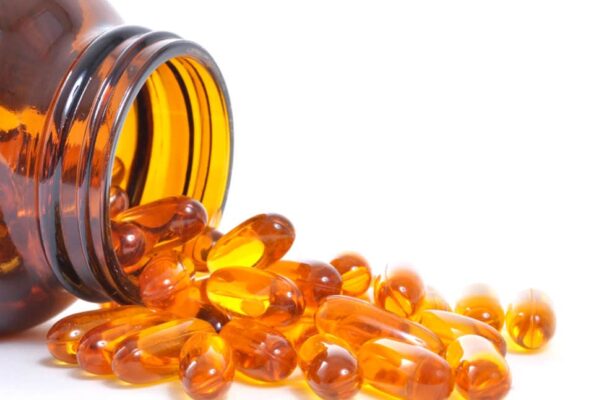Sales of vitamins have soared in recent years and the sales figures for 2018 are an estimated £442m.
The most sold vitamins are Multivits, Vitamin C, D and Calcium.
Taking too many vitamins can in fact damage your health and it appears often you are also wasting your money as the supplements often do not contain all the elements listed on the label.
So far research has shown that there is no benefit in taking them to prevent cardiovascular disease, heart attack, stroke or premature death.
In fact, the best thing to do is to eat a healthy diet of mixed vegetables, fruit, seeds and above all nuts.
Most research seems to show that there are only 3 supplements worth taking.
These are –
1. Vitamin D
if you are not outside regularly absorbing some sunshine and also if you live in the UK through the winter months.
See detailed article under Vitamin D
2. Folic acid
only for pregnant women
3. Zinc
if you feel a cold coming on this can help shorten the cold and reduce the severity of the symptoms.
There is some debate about taking multivitamins and may be worth doing as you age as you may not absorb as much B12 from your diet.
Taking a multivitamin with no iron is the best suggestion as excess iron has been linked to Alzheimers.
Many people take Vitamin C as they feel it helps protect them from colds. You need a mere 40mg per day and one orange is 70 mgs! So assuming you are eating a healthy mix of fruit and vegetables you should not need this.
Vitamin C can not be stored in the body as it is water soluble but assuming you have a good diet you should have enough.
RISKS OF SOME HEALTH SUPPLEMENTS
Garlic tablets-
perceived to help heart health
Risks- Can interfere with anti-coagulants and can cause bleeding and bruising. Stop taking 2 weeks before surgery
Ginkgo Biloba-
perceived to help circulation
Risks- Can reduce effect of certain diabetes medicines and anti depressants.
Saw Palmetto
perceived to help with prostate problems
Risks- can also interfere with anti coagulants and anti-inflammatories
Turmeric and Curcumin
perceived to help with inflammation, arthritis and cholesterol
Risks- Can interfere with drugs for cancer and heart conditions

